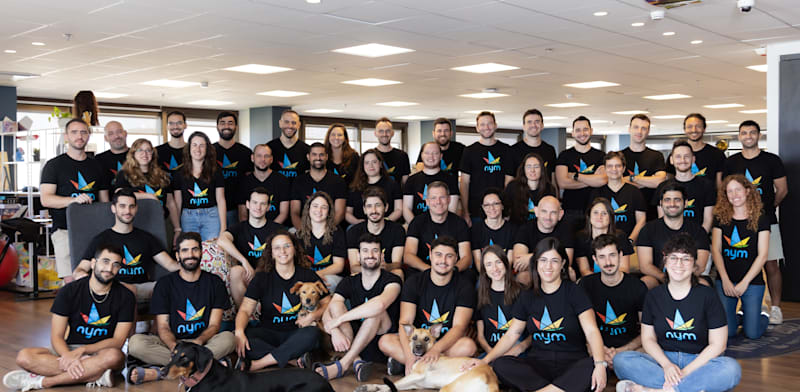As Israel moves from the ‘startup nation’ to the ‘scale-up nation’ phase of its tech sector, more and more companies are looking to hire and establish ‘boots on the ground’ in new territories.
The shortage in skilled manpower in Israel, combined with the ever growing need of companies to increase their penetration to new markets has created a peak year in international hiring by Israeli companies. According to a recent study, Israeli companies have around 25,000 people hired in the EU, and estimates speak of a number twice than that hired by Israeli companies in the US.
Although to many companies – hiring international team members may seem nice to have, odd or extremely challenging, but it’s worth mentioning global hiring does come with exceptional benefits
- Access to a larger, fresher, pool of skilled talent, often enabling yo hire high skills for lower costs
- Localization of your company’s offer, brand and commercial culture – letting locals sell to local.
- Creates a truly global & diverse company with organizational resilience – when one country goes into a COVID quarantine or a holiday period there are other territories that make up for it
- Time zone coverage for and continuity – teams can work on projects for days on end, each shift taking the lead from where the previous team stops.
I’ve helped hundreds of startups, businesses and nonprofit organizations to hire their next team members abroad. Here are the main global hiring models and considerations you should make when hiring around the globe:
‘Quick And Dirty’ – Using Independent Contractors / Consultants
This appears to be the easiest way to hire a global team member. You just sign a consulting agreement and send money via bank transfers.
However, this is not as simple as it seems. Two major legal exposures make it very risky and it just won’t work as your company grows and prepares from an IPO/exit.
The first exposure is related to labor laws – more and more governments around the world are making it close-to-impossible for contractors to have only one client (חברות ארנק) and they want to stop losing taxes or social security payments that are usually avoided when hiring a contractor. These risks may arise when your consultants go through regular tax audits.
– Another legal exposure is called ‘misclassification of labor’ and it basically says that no matter what you state in the contract – a contractor can always sue you to grant them with retro social benefits and they’re likely to win. In some countries like France, Germany, Brazil and more – suing employers is very common, these lawsuits come with an average indemnification price tag of 150,000-200,000 EUR.
In order to minimize this exposure I’d recommend limiting contractors to countries where misclassification isn’t a major risk, never hire a consultant for over 2 years and use localized contract templates to protect you from local regulations that you never knew existed.
The ‘Good Old Way’- Setting Up Legal Entities
10-20 years ago this was the main way to go global – find a good law firm and just register companies in every single country where you want to operate. This is definitely the most ‘boots on the ground’ feeling there is. You can establish full presence, hire offices and directly hire local talents, providing competitive compensation & benefits.
The main downside here is that this is costly – both in time and legal costs. You’ll need to engage a local legal partner and accounting firm to file your entity’s annual financial statements, hire local bookkeepers to run payroll and that’s not all – major tax implications are almost imminent. From corporate taxes to transfer prices – prepare to find a good international taxation expert.
The Joker – Employers Of Record (EoR)
Many people never heard about this option, but it’s arguably the fastest growing international hiring solution out there today. Employer of Record means that you hire a global talent using another company who has a local entity and hires this person on your behalf. This model isn’t new but is being heavily transformed in the past years thanks to many new companies who provide this service.
The beautiful part about Employer of Record is that it enables you to give social benefits of an employee to people in countries where you haven’t opened you entity – something you’ll find very handy in most developed economies where candidates don’t want to be consultants because they want their benefits or need to show an employment agreement when taking a loan at the bank or renting a house.
Whether you’re going for consultants or going full force on a local entity – hiring global talents is definitely the future, just make sure you are aware of the risk to benefit ration of every method you choose.
This Article was written by Eli Barenboim, Account Executive at Deel
Contact Him at: eli@letsdeel.com





